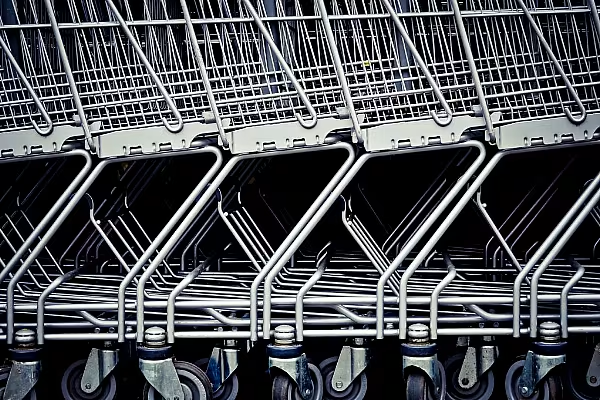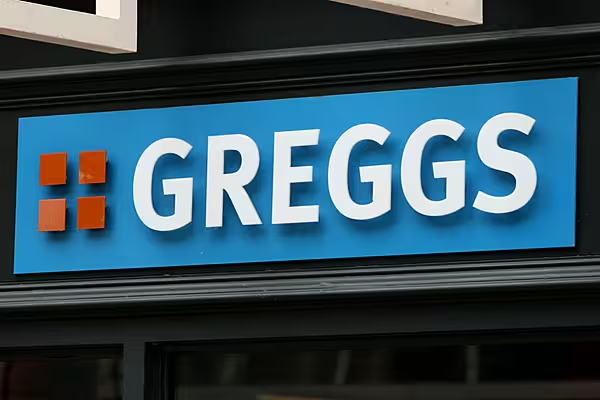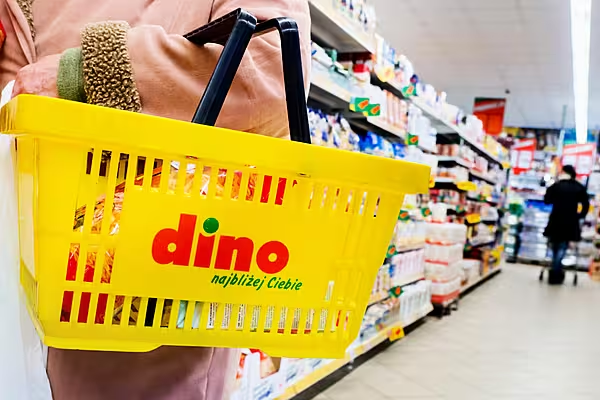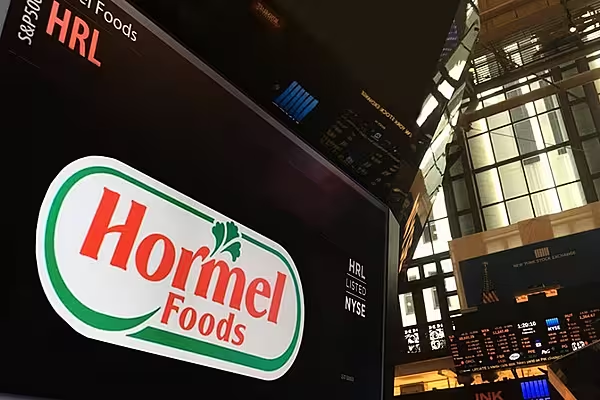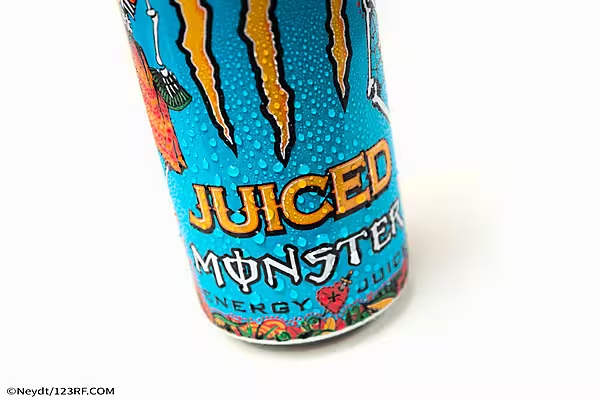Moody's is anticipating operating profits of between 1% and 4% over the next 12 to 18 months for the global consumer goods industry, as the 'global economy slows, [and] inflation and supply chain woes continue'.
The ratings agency has changed its outlook for the sector to 'stable' from 'positive', revising down its previous forecast of 4% to 6% growth for the industry.
In its report, Outlook turns stable as economy slows, uncertainty rises, Moody's said that economic growth is likely to suffer as the 'fallout from Russia's invasion of Ukraine builds', while a spike in commodities prices driven by supply shortages 'creating risks of damagingly high input costs and consumer inflation over an extended period'.
Segment By Segment
According to Moody's, different sub sectors are likely to perform more strongly than others – while forecasts for the global beverage sector are lower than previously indicated, the sector will still outperform the broader consumer products industry, with growth in operating profit of 4% to 7% over the next 12 to 18 months.
Beverage firms will see a recovery in demand as the effects of the pandemic recede, according to Moody's, which will offset higher raw material costs – however some firms are likely to 'suffer' from their decision to exit the Russian market.
Global packaged foods will likely find the going tougher, Moody's said, with operating profit set to range between a -2% decline and 2% growth – commodity price increases will erode margins, while price increases will take some time to implement.
Higher prices are also likely to mean increased switching to private labels, Moody's said, which in turn will slow sales volume growth for packaged food companies.
Global packaged foods (i.e. non-food products such as cosmetics) are likely to see operating profits of 0% to 4%, with prospects varying across subsegments, according to Moody's.
Beauty products, for example, are likely to outperform, as people go back to work and socialising after the pandemic, however other non-food segments are likely to see volume growth dented by the need to pass higher costs on to customers as commodity costs rise.
Tobacco operating profit is expected to range between 0% and 3%, down from the previous forecast of between 5% and 6%, with rising costs likely to se consumers trading down to less expensive brands. Philip Morris, which is highly leveraged towards Russia (10% of its total volumes) is also likely to be more exposed than other tobacco firms, said Moody's.
Lastly, consumer durables are likely to report operating profit growth of between 1% and 3%, down from the previous forecast of between 5% and 6%.
Read More: Shift To Online Likely To Reshape Retail, Real Estate Sectors: Moody's
Smaller Companies Feel The Pinch
According to Moody's, smaller firms are likely to be impacted more by the current high cost environment, as they will find it harder to increase prices.
'Higher raw material costs will inflate inventory value, supply chain disruptions will result in slower inventory turnover or suppliers might demand faster payment terms, given generally high prices,' Moody's said.
'Growth prospects in 2023 might be dampened if companies have to reduce investment to offset more modest cash generation this year.'
Moody's added that it would consider changing its overall outlook for the sector to 'positive' if average operating profit growth came in at more than 4%. However, its outlook would be moved to 'negative' in the event that operating profit declined.
© 2022 European Supermarket Magazine – your source for the latest A-brand news. Article by Stephen Wynne-Jones. Click subscribe to sign up to ESM: European Supermarket Magazine.
